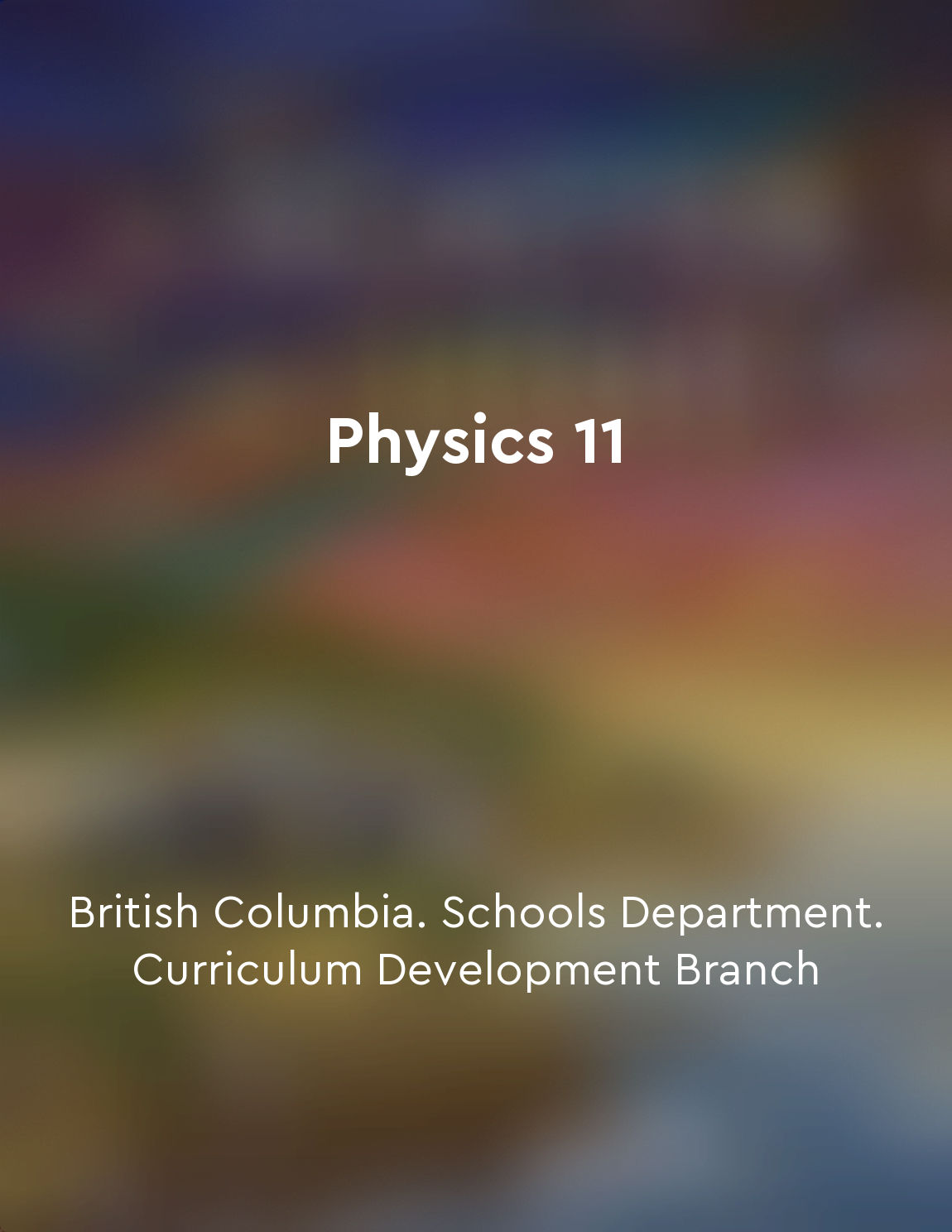Charles's law relates volume and temperature of a gas from "summary" of Chemistry Simplified NCERT Class 11 by Sanjay Sharma
Charles's law is a fundamental principle in chemistry that establishes a relationship between the volume and temperature of a gas. According to this law, the volume of a gas is directly proportional to its absolute temperature, provided that the pressure and quantity of the gas are kept constant. In simpler terms, as the temperature of a gas increases, its volume also increases, and vice versa. This law was formulated by Jacques Charles, a French physicist, in the late 18th century. Charles conducted experiments in which he observed that when the temperature of a gas was increased, its volume also increased proportionally. This led him to conclude that there was a direct correlation between the two variables. Mathematically, Charles's law can be expressed as V1/T1 = V2/T2, where V1 and T1 represent the initial volume and temperature of the gas, and V2 and T2 represent the final volume and temperature, respectively. T...Similar Posts
Systems can exchange energy with their surroundings
When considering the interaction between a system and its surroundings, it is essential to recognize that energy can be exchang...

Matter is made up of particles whose properties determine observable characteristics
The fundamental concept that underpins the study of matter in physics is the idea that all matter is composed of particles. The...
Dmitri Mendeleev created the Periodic Table
Dmitri Mendeleev was a Russian chemist who made a breakthrough in the organization of the chemical elements. His creation of th...
